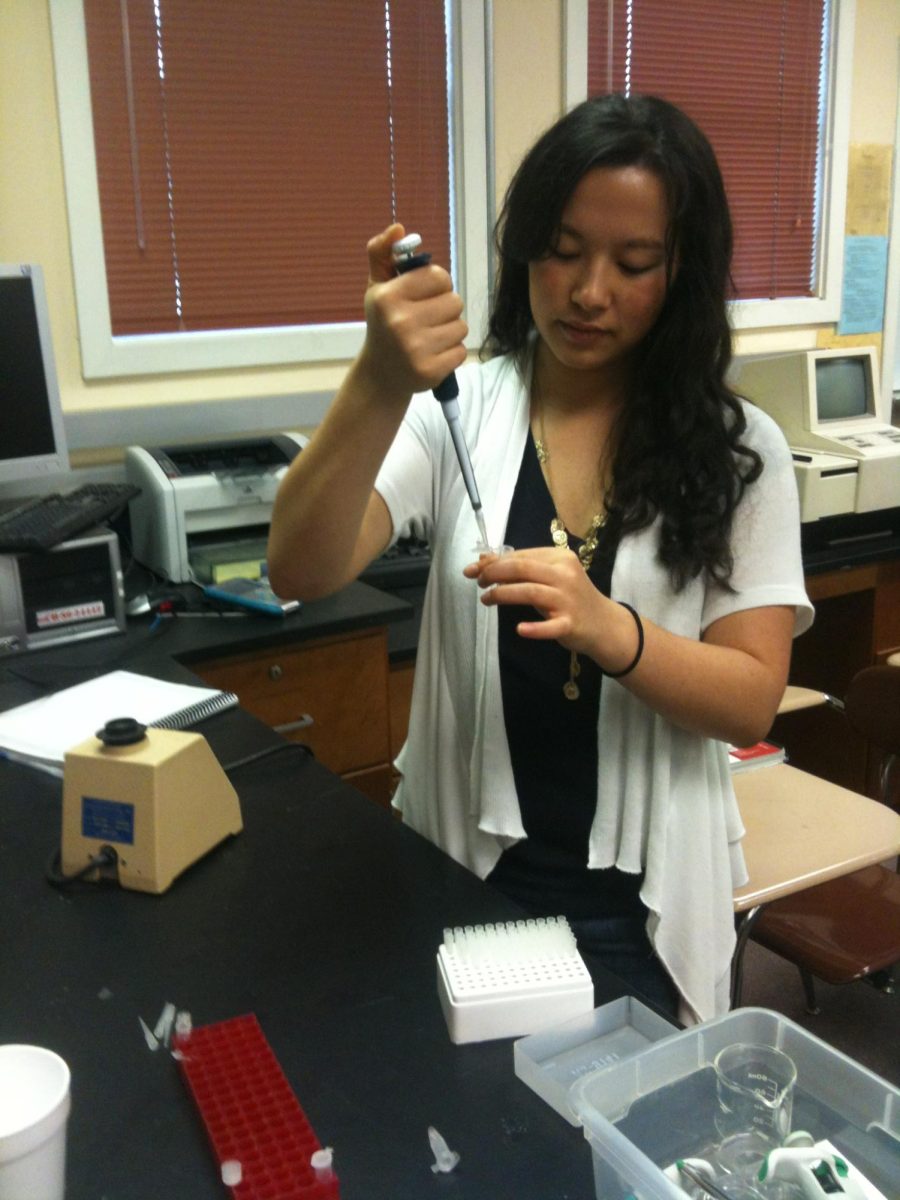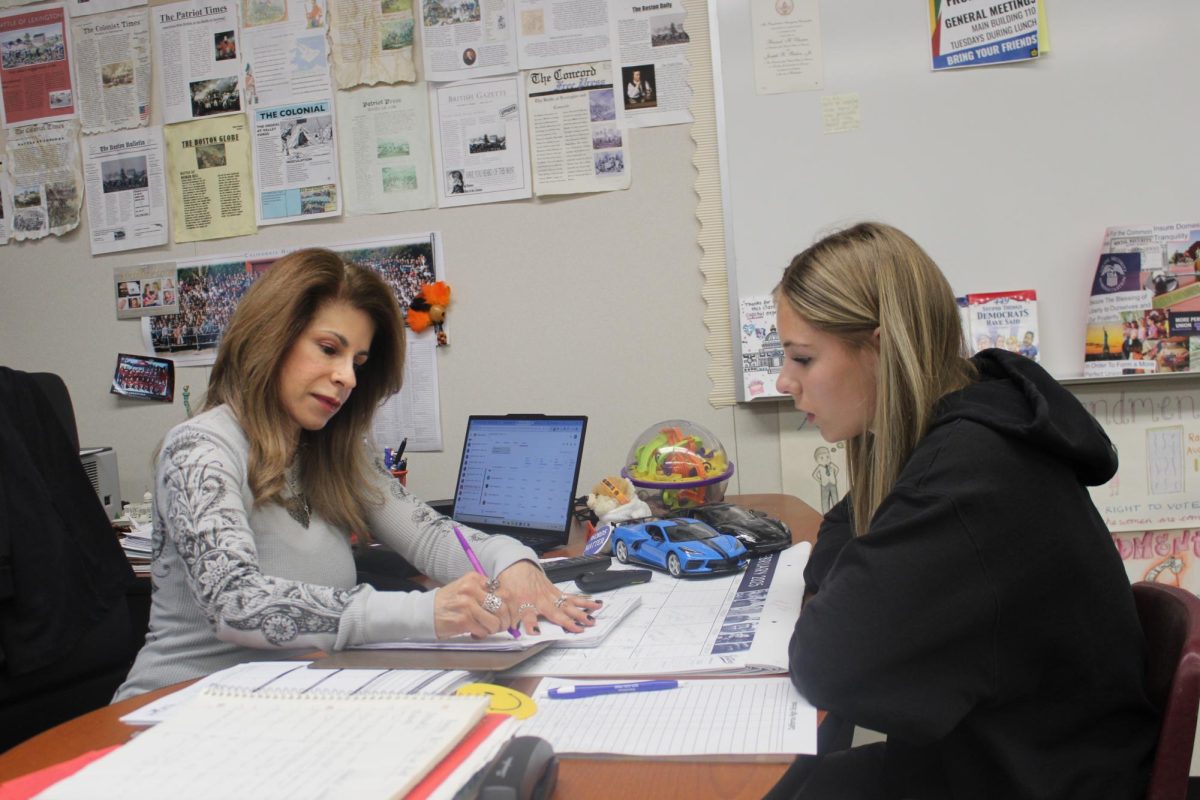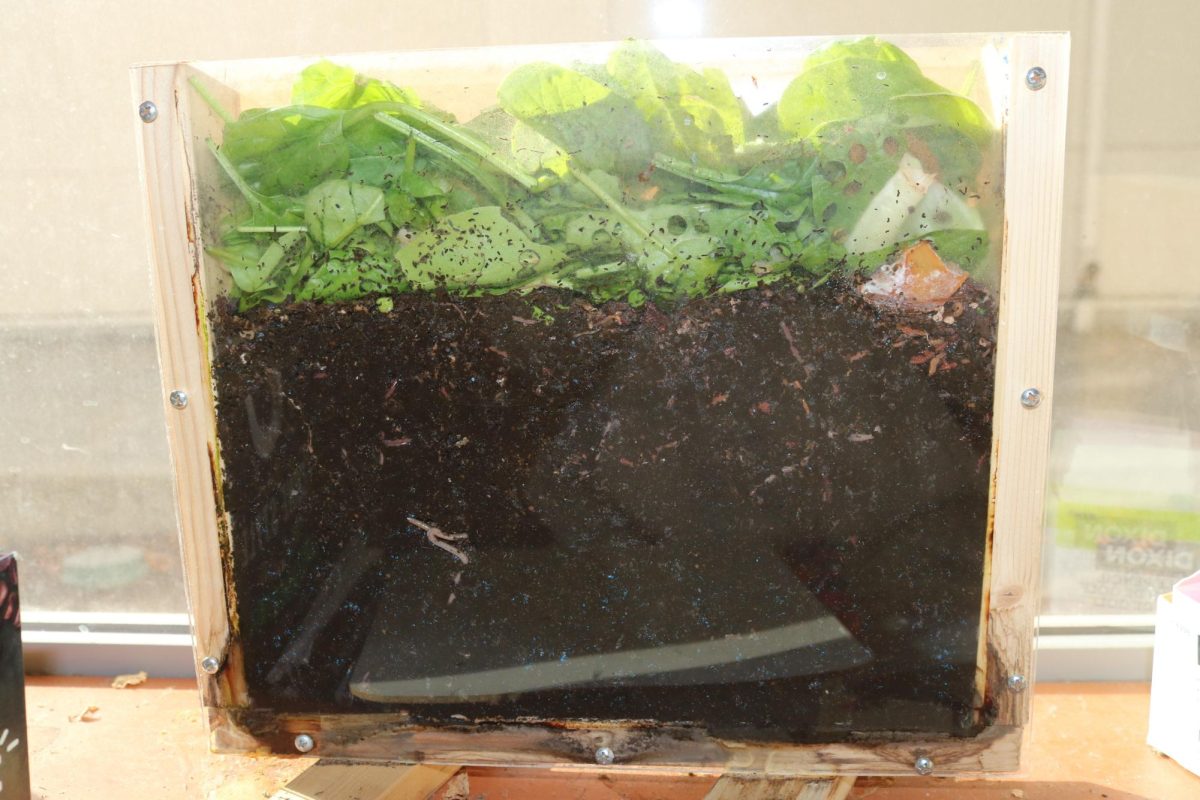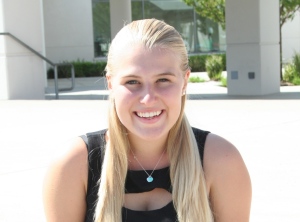Valentine’s Day is a national holiday well known for being symbolic of romantic love between significant others.
But amidst the sappy Hallmark cards and Russell Stover chocolates there is a less popular, less glamorous aspect of Feb 14 called Violence Against Women Day (V-Day), which some Cal High students are beginning to recognize.
Women’s rights activist Eve Ensler created V-Day in 1998 to inform others about physical and sexual abuse against women. Ensler, who is also a playwright, uses her dramatic works to express the injustices involved with relationship abuse by incorporating it into her plays.
Vday.org defines their mission statement as “a global movement to end violence against women and girls.” According to the website, it is celebrated by benefit performances of Ensler’s plays produced across the country, which has raised over $75 million for women’s anti-violence groups through productions.
The money has funded safe houses, reopened shelters, educated others about V-day through global awareness campaigns, and created over 13,000 anti-violence programs around the world.
“Everybody should know basic parameters about abuse,” said Susie Fitch, a former health teacher and current guidance counselor at Cal. “Abuse can be physical, verbal, sexual, or emotional.”
As part of the California state curriculum, abuse, in regard to both family and relationships, is a topic covered in freshman health classes and discussed in-depth. There is an informative assembly pertaining to the issue, as well as several guest speakers during the semester course, according to Fitch.
Fitch advises those who are involved in a non-violent abusive relationship to do the following: identify himself or herself as a victim and understand that they need out, obtain a support system, and have other relationships readily available.
She also reminds students that if a relationship they are involved in is physically or sexually abusive, they should get out immediately. Those who are involved in an abusive relationship are encouraged to speak to a parent, guidance counselor or other trusted adult.
Although it may seem as though abuse is not relevant on campus, one-fourth of all high school girls have been victims of physical or sexual abuse, according to teensagainstabuse.org.
A relatively new club on campus, the F word, is a place where these kinds of issues are discussed.
“[It is a] space where people can talk about, promote and advocate equality between the sexes, which is what feminism is all about,” said club president senior Melika Panbehchi.
Shocking statistics were shared at the Feb. 7 meeting, such as the fact that nearly 80 percent of girls who have been physically abused in their intimate relationships continue to date their abuser, according to teensagainstabuse.org.
Senior Matthew Bridges believes this may be due to a common misconception.
“Part of our culture is that a lot of women, not all, have to have a man in order to feel complete,” said Bridges. “That’s wrong.”
F word secretary, junior Olivia Bouchet, also discussed the presence of emotional abuse on campus.
“[It] makes women feel worthless,” said Bouchet.
Emotional abuse in relationships can refer to an unhealthy over-obsession with each other in the couple’s lives, or when there is no time made for each partner to spend time with other friends, Fitch said.
To spread awareness of V-day, and abuse, The F word club encouraged faculty and students to wear the colors black and purple.
Panbehchi considers abuse to be a serious issue worthy of discussion.
“[Abuse] dehumanizes people and no one should have to live in constant fear and trauma,” said Panbehchi. “It’s specifically an issue that women face more than men, which again is a result of the value that our society puts on women as opposed to men. We need days like this to spread awareness to everyone and especially to the victims of what they can do to break the silence.”






